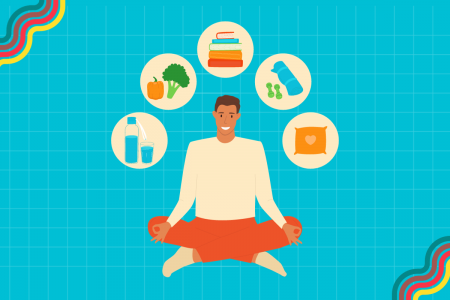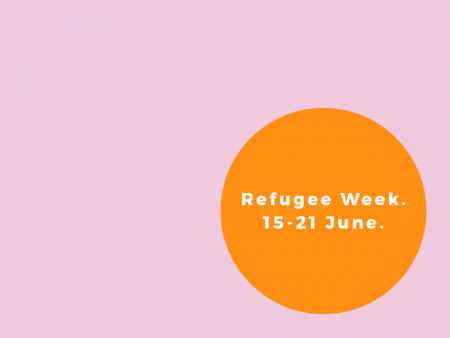
How to cope with anxious feelings about Coronavirus
In challenging and unpredictable times, it is more important than ever to take care of your mental health and wellbeing.
This is important for you, and for your capacity to be able to cope and be there for friends, family and your community.
Coronavirus and anxiety
For many, health is a large cause of stress and anxiety at the best of times. It is important to remember coronavirus, and the different news reports circulating around it can be a trigger for anxiety.
Although this article will go through some of the ways you can manage wellbeing and anxiety during this time, it is important that if you are suffering severely with anxious thoughts, obsessive thoughts or actions or worries about health that you seek professional advice.
Coronavirus can make you feel a variety of different emotions: scared, worried, angry or helpless. This is okay, it is normal to feel anxious during this time. It is also normal to feel lonely and out-of-place whilst self-isolating at home. But you can take steps to reduce anxiety, stress and helplessness, so you can look after yourself and others during this time.
How to look after your health and wellbeing
-
Stay connected and talk to family and friends
You can keep up with friends and family, even when self-isolating, through the internet, phone and video calls.
Make plans to video chat with friends and family you’d normally see, so you can keep up your social connections and maintain a support network around you. Share your concerns, it is likely everyone will be having the same worries, and talking about them will help you both to feel less anxious.
-
Stay active
Make sure you take time everyday to keep active and exercise, even inside your home. Go for a walk or a jog if you are well and able, as spending time outside in the daylight will have a positive effect on your sense of wellbeing.
If you aren’t able to leave the house, stay active by doing an at-home exercise routine (you can find them easily on YouTube). This could be an opportunity to learn a new skill or take up a new hobby.
-
Exercise caution with the news
Although it is important to keep up with the latest advice and official information, looking at the news every few minutes can cause anxiety. It is better to have set times where you check the news. This is to create what pyschologists call a ‘worry window’, a period of time (perhaps at the beginning and end of the day) to process the latest information, think about what it means for you and then to act on it.
Be careful about where you go for information. There can be lots of rumours circulating and unverified news circulating around the internet. Go to trusted news sources such as the NHS coronavirus webpage and gov.uk coronavirus webpages.
If you feel like a news story or social media post is making you feel anxious, remove yourself from the situation by taking a break and taking some time away from the internet.
-
Keep to a routine, and keep busy
Having a daily routine is an important part of feeling like everything is normal. Plan how you are going to spend your time.
If you are working from home, stick to the same times, routines and breaks as you would do on a normal day in the office. Get up at the same time as normal, follow your same morning routine and your same nighttime routine.
If you aren’t working from home, make sure you keep your mind occupied. This could be through talking to others over the phone, taking up a new hobby, reading or just watching Netflix. It’s okay to keep yourself busy and distracted during this time.
What next?
This is the latest advice, as of the 19th March 2020, but this may change. Make sure you keep up to date with all the latest health and wellbeing advice for this situation.
If you are suffering from a mental health crisis, please seek professional advice and reach out for help.
During this time it is also important to look after others and reach out to people you know may be struggling with health anxiety, fears over self-isolation and loneliness.
Some more places you can go for advice:
https://www.health.harvard.edu/blog/coping-with-coronavirus-anxiety-2020031219183


